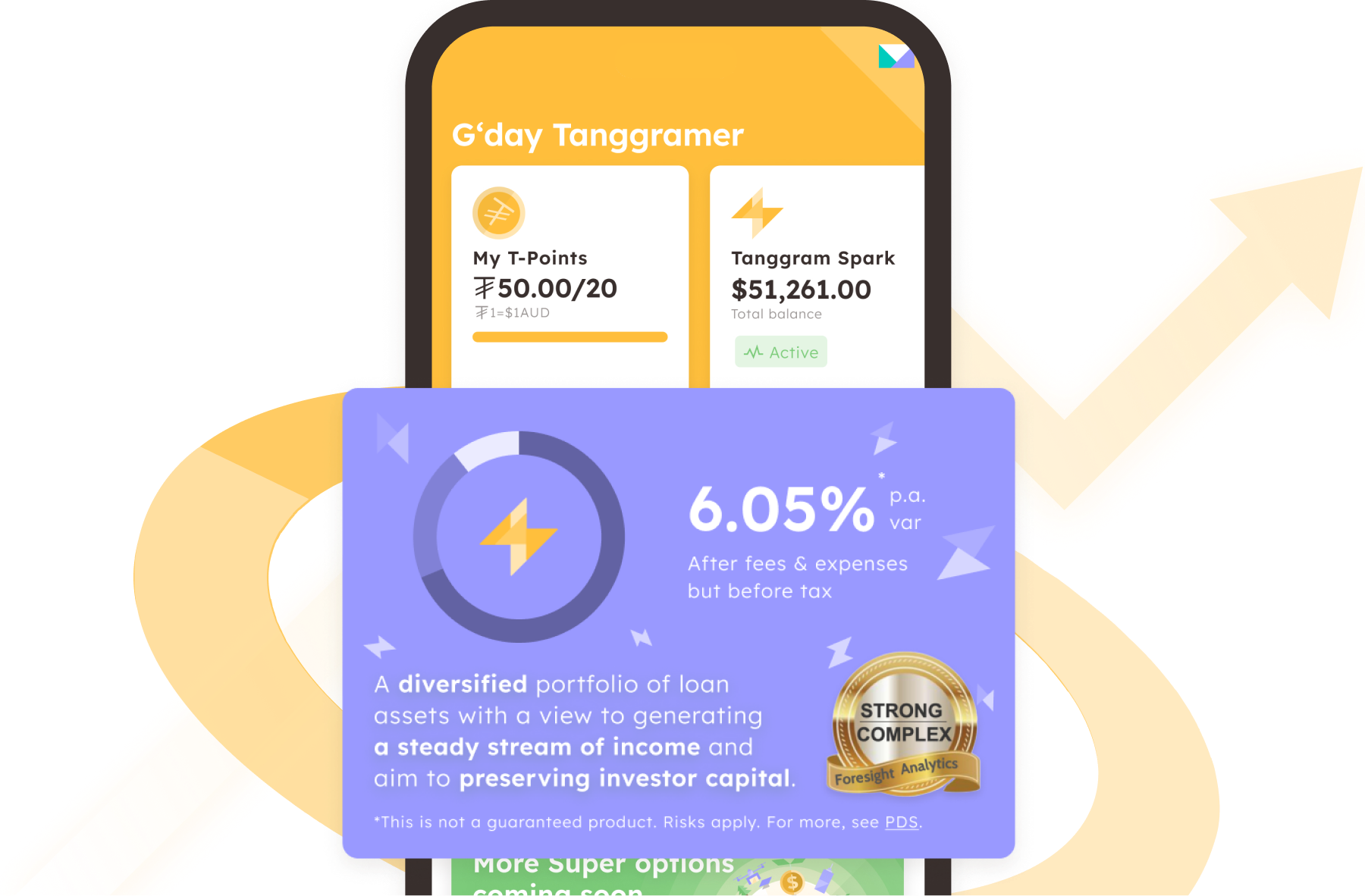
The magic of compound interest
By Tanggram Mar 25, 2020
The Rice And Chessboard Story
There's a famous legend about the origin of chess that goes like this. When the inventor of the game showed it to the emperor of India, the emperor was so impressed by the new game, that he said to the man
"Name your reward!"
The man responded,
"Oh emperor, my wishes are simple. I only wish for this. Give me one grain of rice for the first square of the chessboard, two grains for the next square, four for the next, eight for the next and so on for all 64 squares, with each square having double the number of grains as the square before."
The emperor agreed, amazed that the man had asked for such a small reward - or so he thought. After a week, the king realized that he was unable to fulfil his promise because on the twentieth square the king would have had to put 1,000,000 grains of rice. On the fortieth square the king would have had to put 1,000,000,000 grains of rice. And, finally on the sixty fourth square the king would have had to put more than 18,000,000,000,000,000,000 grains of rice which is equal to about 210 billion tons and is allegedly sufficient to cover the whole territory of India with a meter thick layer of rice. At ten grains of rice per square inch, the above amount requires rice fields covering twice the surface area of the Earth, oceans included.
Source: www.dr-mikes-math-games-for-kids.com/rice-and-chessboard.html
What Is Compound Interest?
Originated in 17th century Italy, compound interest can be thought of as "interest on interest".
Compound interest is the interest you get on:
• the money you initially deposited, called the principal, PLUS
• the interest you've already earned
For example, if you have a savings account, you'll earn interest on your initial savings and on the interest, you've already earned. You get interested on your interest.
This is different from simple interest. Simple interest is paid only on the principal at the end of the period. A term deposit usually earns simple interest.
KEY TAKEAWAYS
• Interest can be compounded on any given frequency schedule, from continuous to daily to annually.
• When calculating compound interest, the number of compounding periods makes a significant difference.
• Compound interest makes a sum grow at a faster rate than simple interest.
Save more with compound interest
The power of compounding helps you to save more money. The longer you save, the more interest you earn. So start as soon as you can and save regularly. You'll earn a lot more than if you try to catch up later.
For example, if you put $10,000 into a savings account with 3% interest compounded monthly:
• After five years, you'd have $11,616. You'd earn $1,616 in interest.
• After 10 years you'd have $13,494. You'd earn $3,494 in interest.
• After 20 years you'd have $18,208. You'd earn $8,208 in interest.
Source: moneysmart.gov.au/saving/compound-interest
Disclaimer: This is a hypothetical projection to demonstrate the benefits of compound interest and may not be indicative of the investment return of a particular product.
Disclaimer:
All contents presented in this blog have been prepared for informational purposes only, and are not intended to provide, and should not be relied on for any personal investment, tax, or accounting advice. You should, before making any decision regarding any information, strategies or product mentioned on this blog, consult your own financial or accounting advisors to consider whether the product is appropriate for you, based on your own objectives, financial situations and needs.





